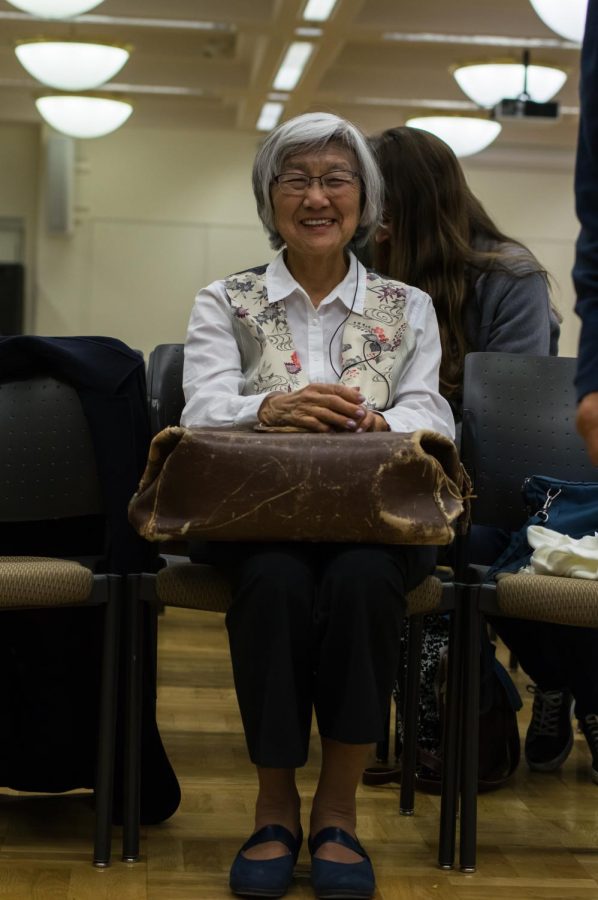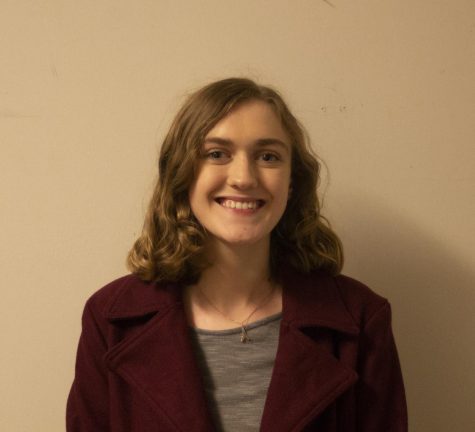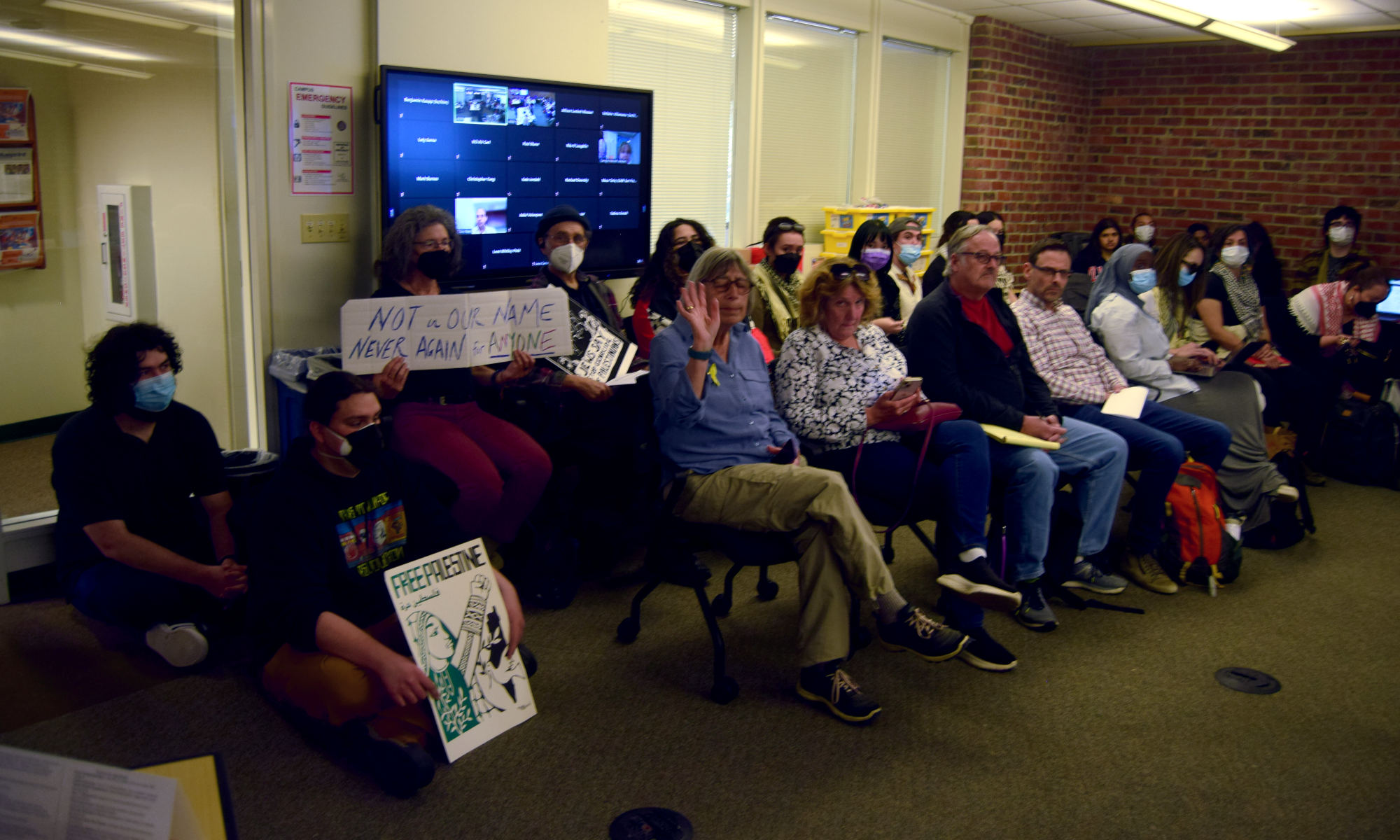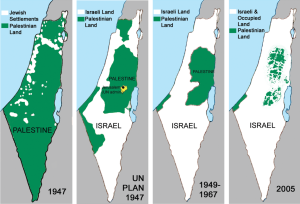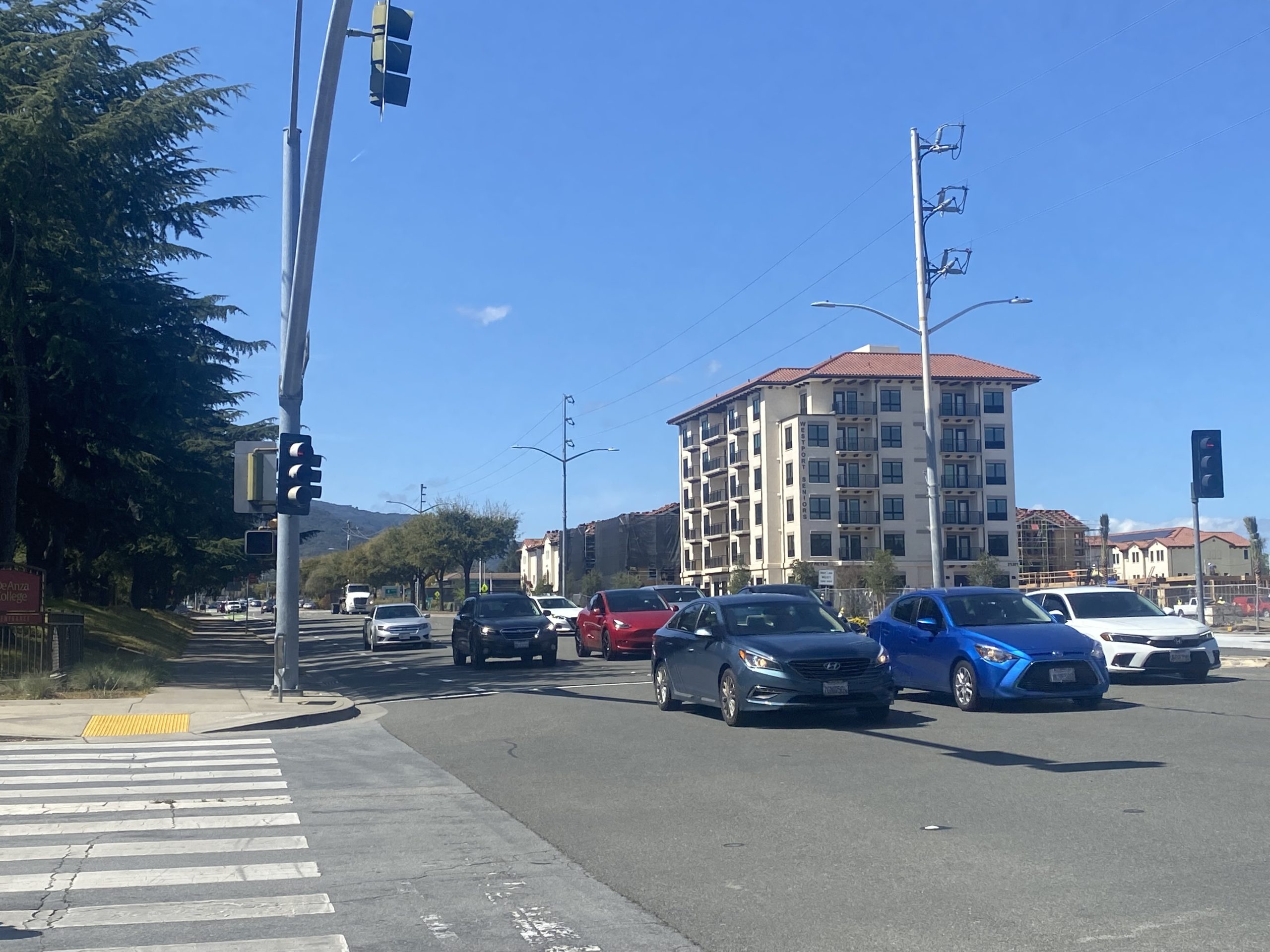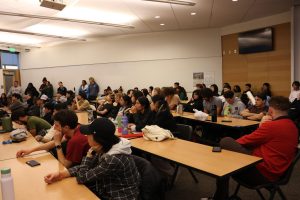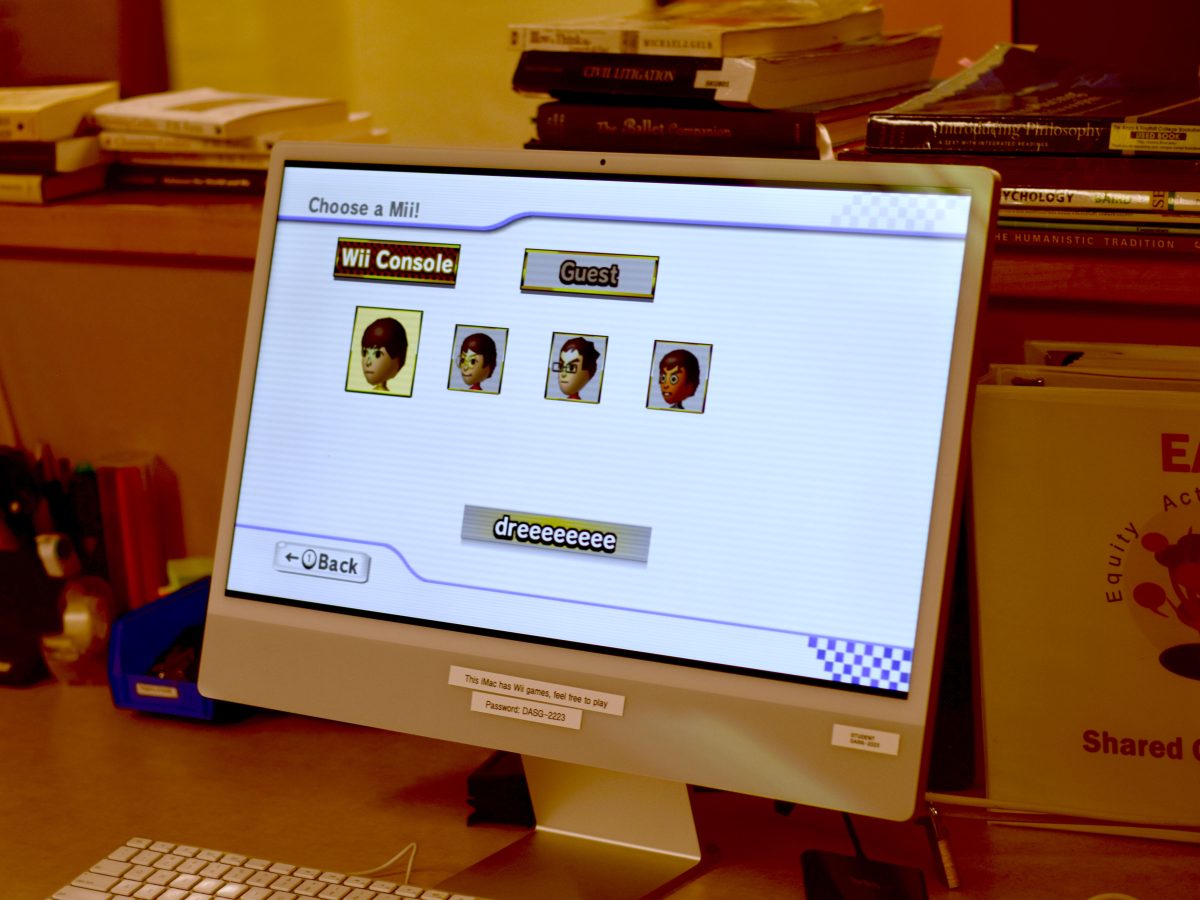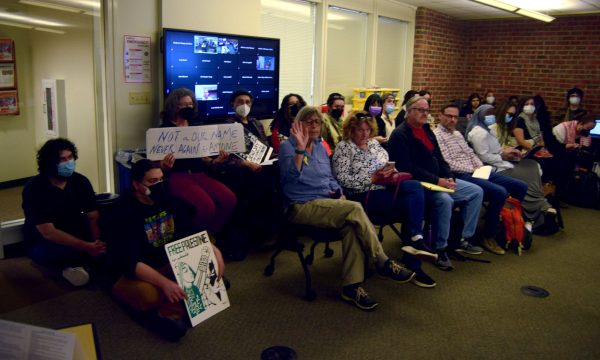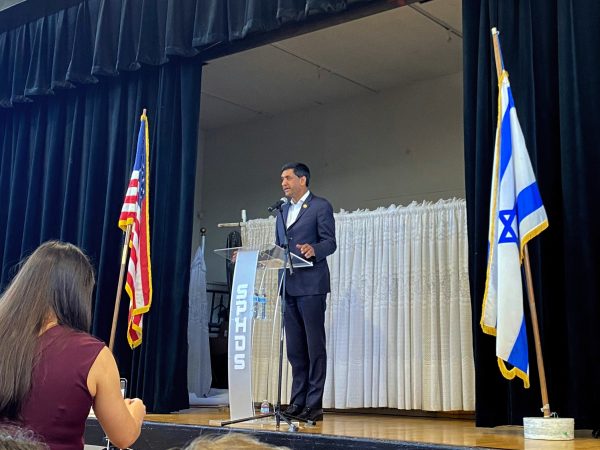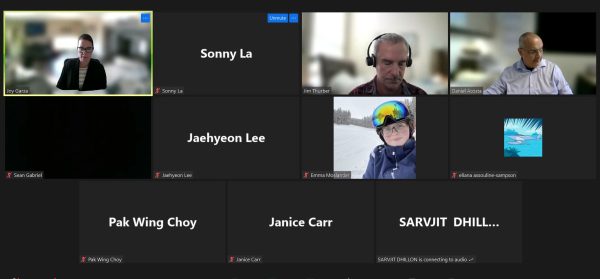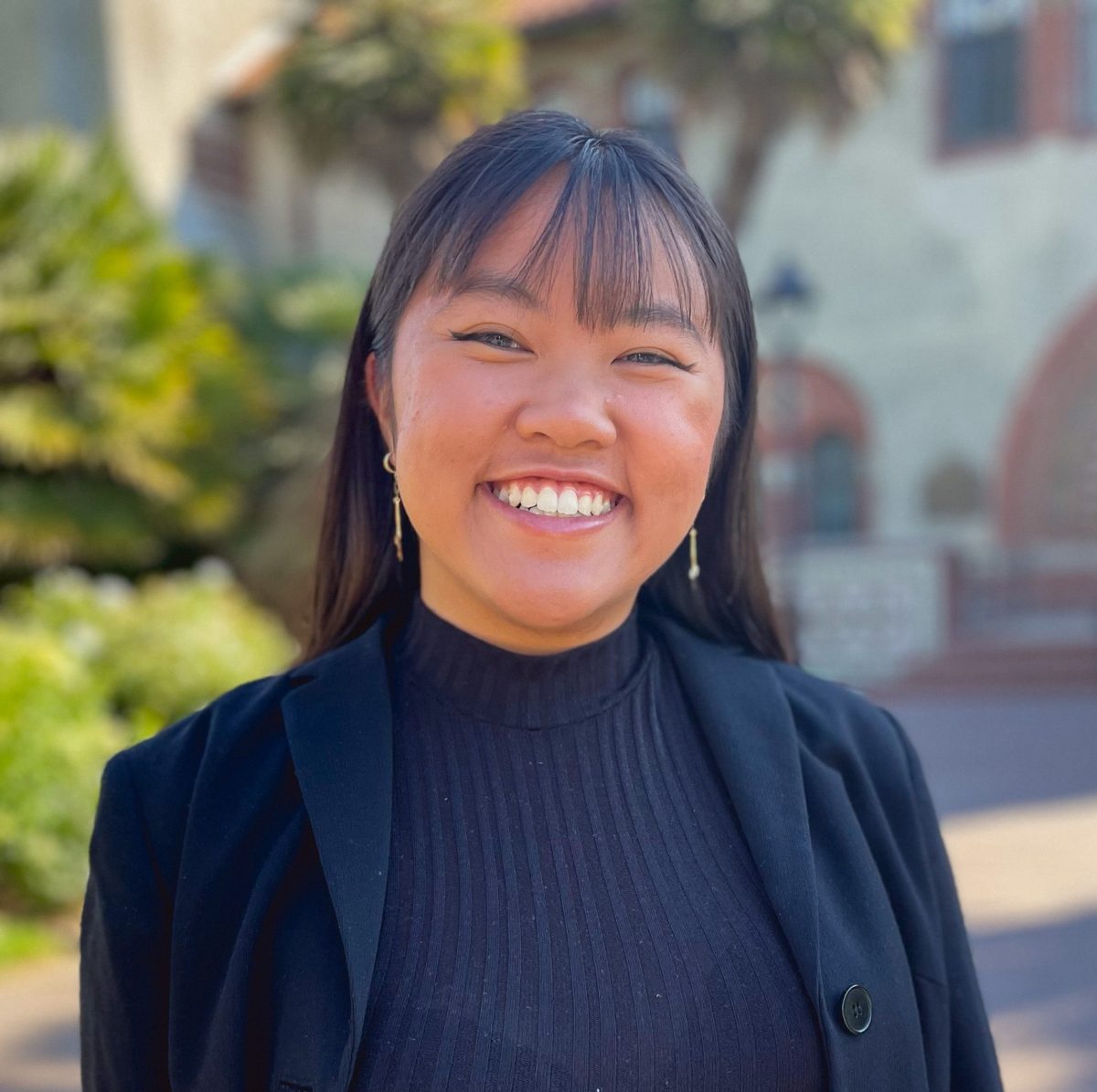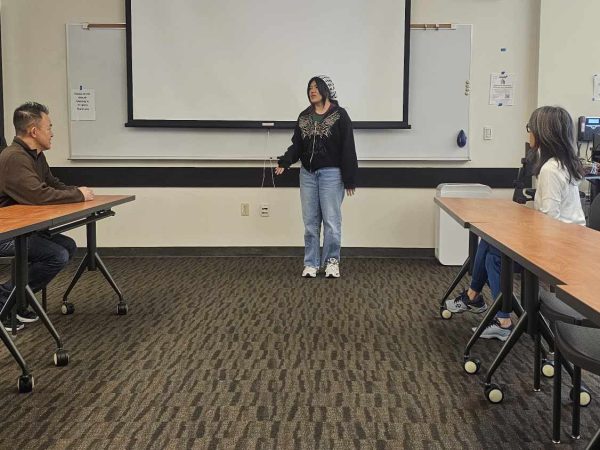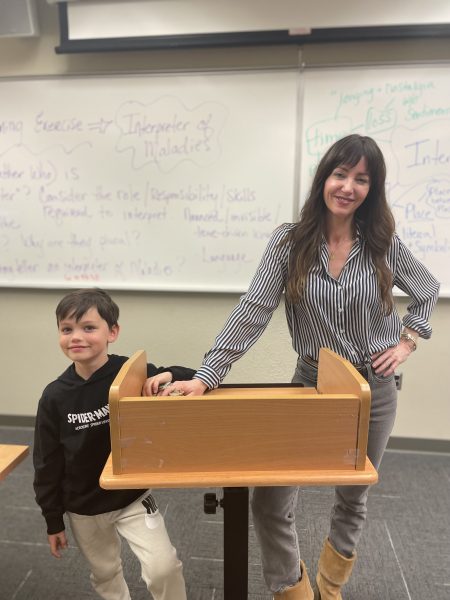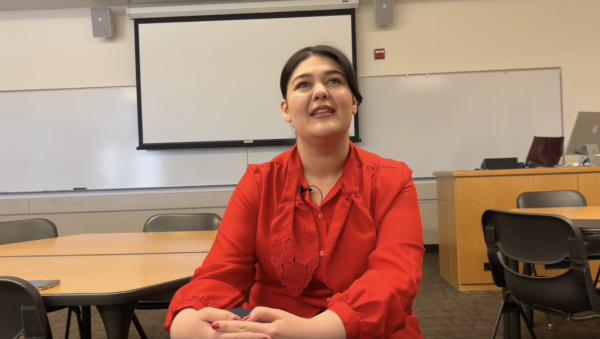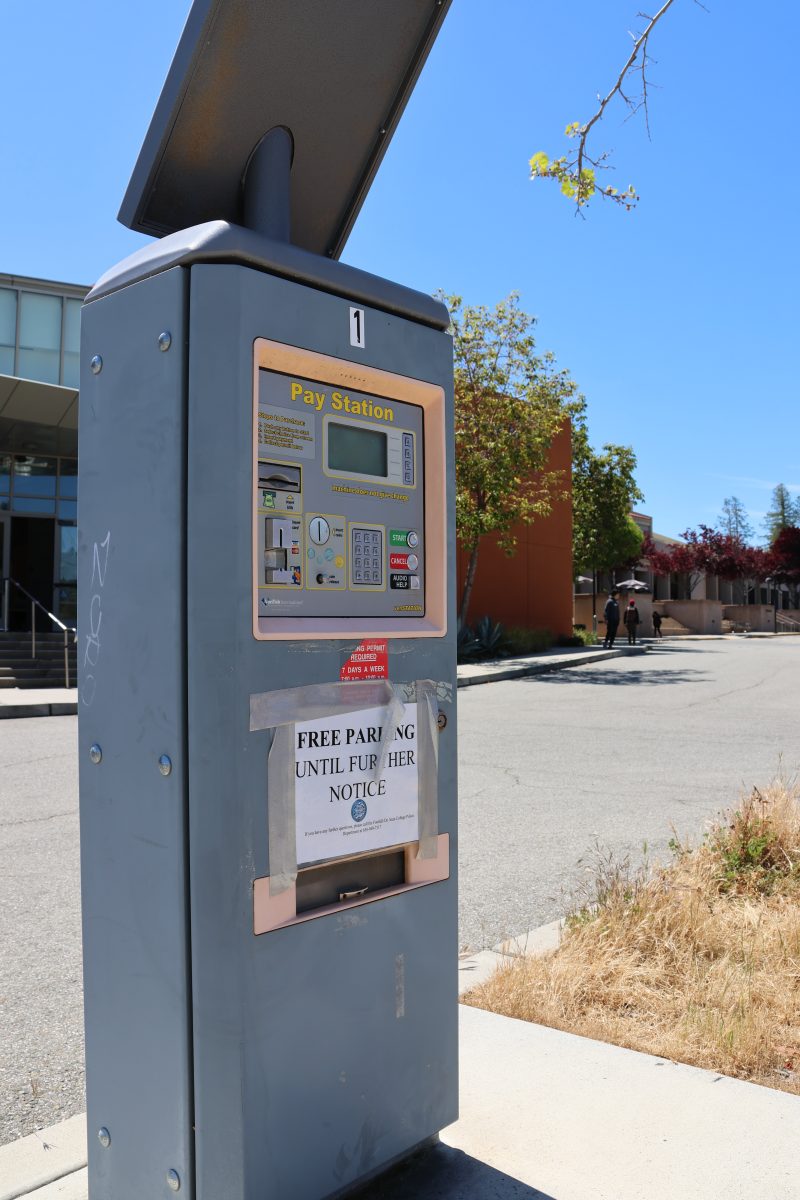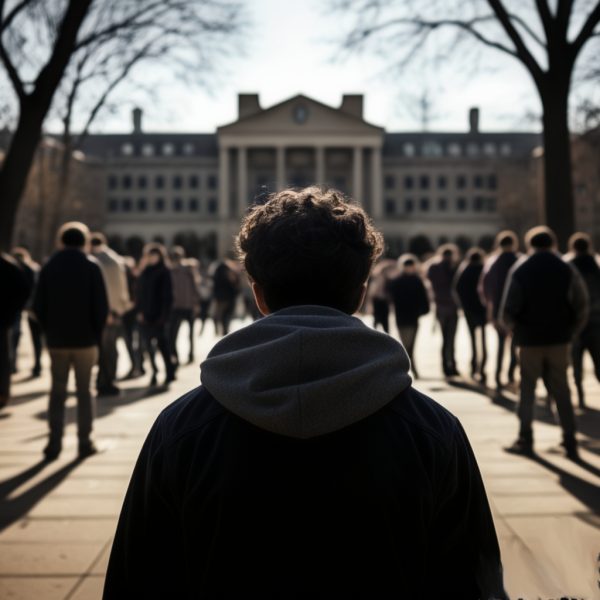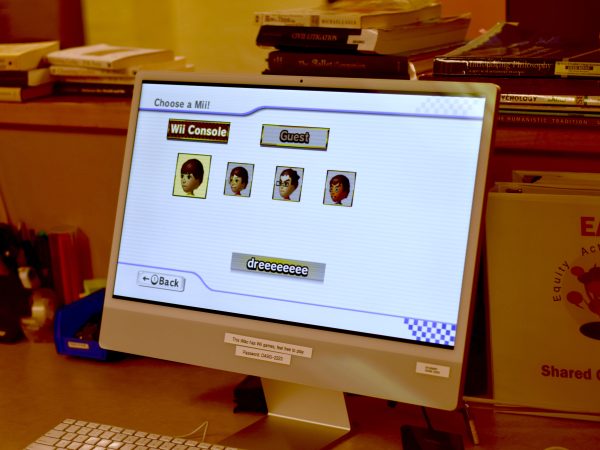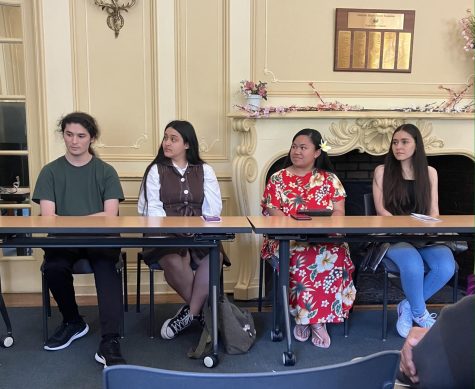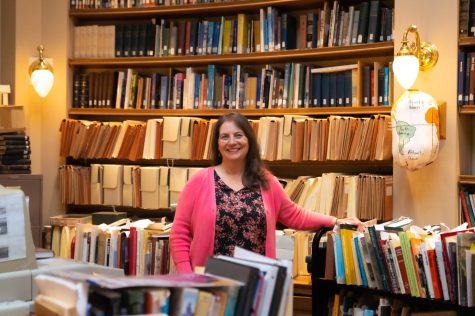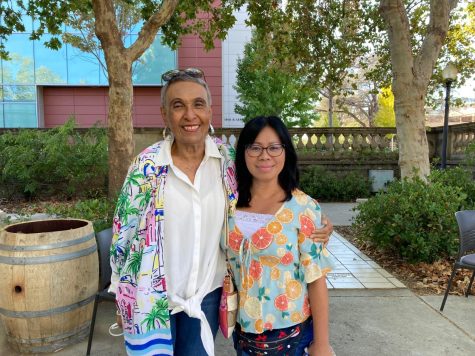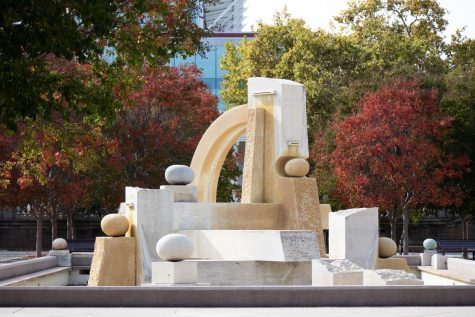Japanese Americans share their story on the Day of Remembrance
Amy Iwasaki Mass holding one of the 50 objects, the ‘Bag by the door’ at the Day of Remembrance event on Feb. 19.
February 26, 2019
Six-year-old Amy Iwasaki Mass feared her father would be taken away, and she checked every morning if his packed leather bag was still by the front door, a sign of her father not yet detained for being a Japanese immigrant.
Iwasaki Mass and her family were incarcerated at the Heart Mountain, Wyoming internment camp under Executive Order 9066, where she spent three years of her childhood.
She shared her experience in the camp and her social work as an adult at the De Anza College’s seventeenth annual Day of Remembrance, a tradition held on Feb. 19 to commemorate the internment of 120,000 Japanese Americans during World War II.
Tom Izu, executive director of the California History Center and Foundation, hosted the commemoration with Iwasaki Mass and Nancy Ukai, project director of 50 objects stories.
Organizers of 50 objects have collected material items through families, museums, and archives that tell the story of the individuals incarcerated in US internment camps. The collection includes photographs and videos.
Izu and Ukai presented historical background on the Japanese internment camps and welcomed Iwasaki Mass to share her experience.
As a clinical social worker, Iwasaki Mass testified at the 1981 redress hearings held by the Commission on Wartime Relocation and Internment of Civilians, calling for reparations for the physical and psychological damages of Franklin D. Roosevelt’s order.
“I remember feeling bad about being Japanese, of being able to speak Japanese, of having Japanese parents,” Iwasaki Mass said in her testimony. “I felt ashamed because I loved my parents. I also loved America.”
Students from the Vasconcellos Institute for Democracy in Action spoke on the current conditions for racial minorities on campus.
Ridah Azhar, 20, political science major, Mariam Ahmed, 20, political science major, and Brenda Carrillo, 23, psychology major answered community questions and responded to the stories shared.
Students said they could connect to the fear and discomfort of prejudice.
Ukai said she observes a pattern of discrimination occurring under the current presidential administration, and hopes students can connect to this history.
“We have to mobilize across race, across intersectionality, and come together,” said Ukai.
Izu said his goal is for students to understand the history of Japanese internment and question actions challenging human rights.
“There are some basic civil liberty lessons to learn from this.”



